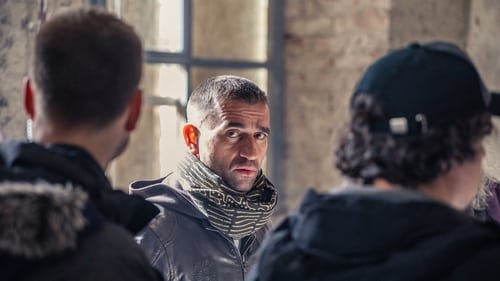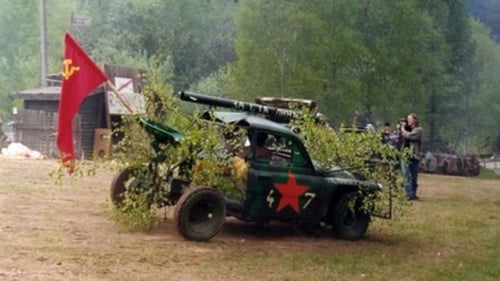
Zikl
Old guilt, forgiveness and a new love. After 20 years in the French Foreign Legion, Martin returns to his Czech hometown. As soon as he arrives, he learns that his mother has died in his absence. Martin realizes that while in the military he learned to survive in any dangerous situation, but not how to cope with the complexities of human emotions and relationships. When he meets the deputy mayor's clever daughter Sara, he falls passionately in love and happiness seems to be within reach. But then his past catches up with him ...

Fortel
Tůma's film is a sovereign cinematographic space, which, broken up into many chapters, takes an unconventional look at contemporary Czech society. The opening political grotesque on the election of the President is drowned out by the ecstatic ramblings of philosophising (and chattering) fragments turning on the sought-out axis of life and the world, and especially the inward-looking images full of colourful objectivity and charming humour that is elevated to the level of pure poetry.

A labyrinthine portrait of Czech culture on the brink of a new millennium. Egon Bondy prophesies a capitalist inferno, Jim Čert admits to collaborating with the secret police, Jaroslav Foglar can’t find a bottle-opener, and Ivan Diviš makes observations about his own funeral. This is the Czech Republic in the late 90s, as detailed in Karel Vachek’s documentary.

Himself
From the behavior, discourse, and appearance of individual actors, Vachek composes, in the form of a mosaic, a broad and many-layered film-argument about Czechoslovak democracy in the period of its rebirth, all administered with the director’s inimitable point of view.


